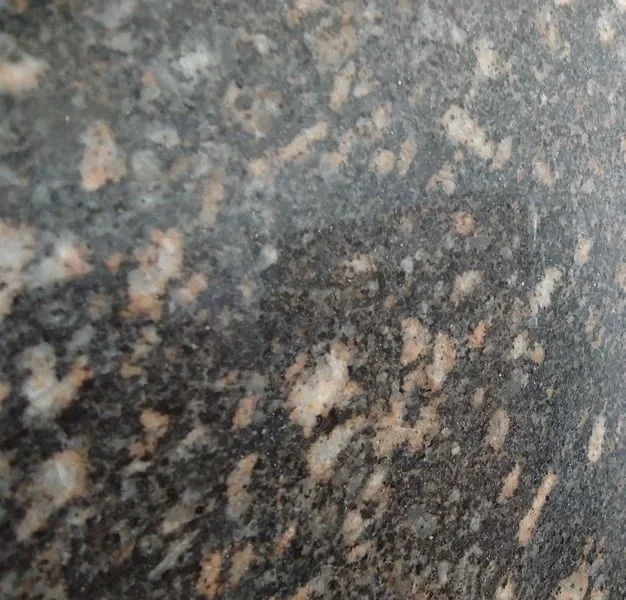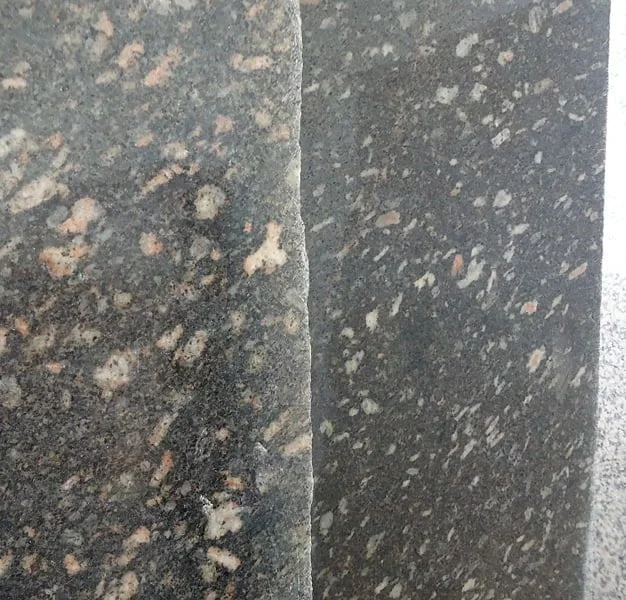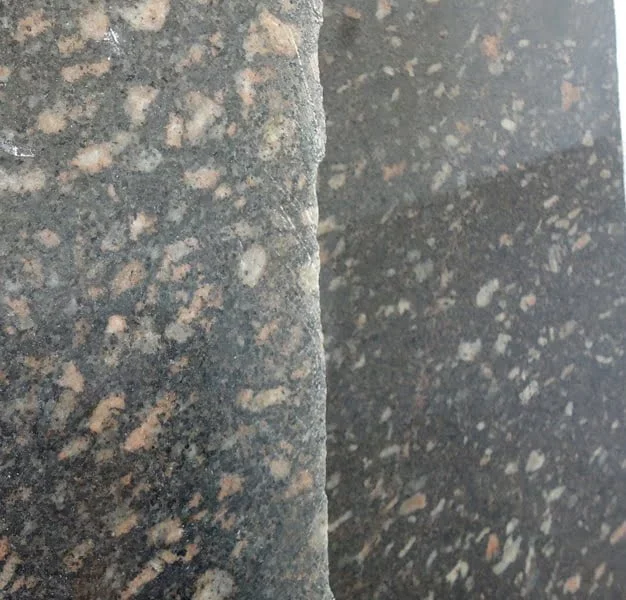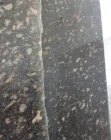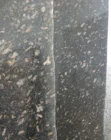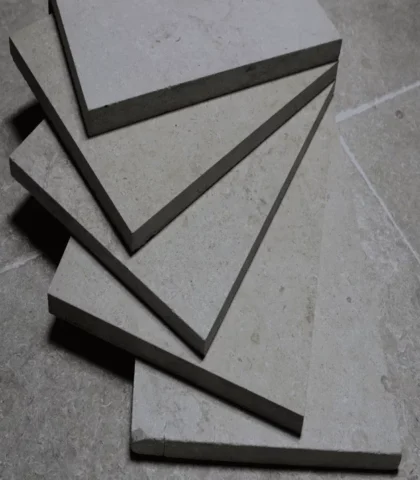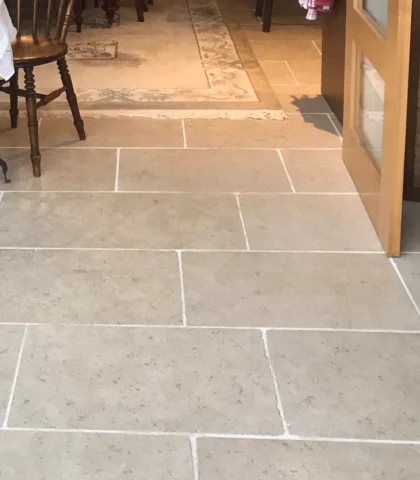Elegant Nero Aswan Black Granite
Nero Aswan is a granite. It comes from the Aswan quarries and other quarries in Egypt.
Nero Aswan Black Granite Egyptian Granite is the versatile combination of color and unmatched durability that Egyptian granite is famous for.
Nero Aswan Granite is suitable for both indoor and outdoor use.
Egyptian granite is a stunning natural material that adds a touch of luxury to your home. Granite adds class to your space while maintaining the toughness of one of the hardest natural stone surfaces. Can be used in various construction projects.
Nero Aswan black granite astonishing black granite color
Nero Aswan black granite the cool tone of black Granite Paving a very high-quality granite. Black granite paving stone is a hardwearing natural stone that is ideal for gardens and patios. A stunning range of granite countertops and black granite kitchen countertops.
Nero Aswan black granite tiles come in a variety of shapes and sizes (small and large). Smaller sizes are most commonly used in residential kitchens, while larger tiles are used in commercial buildings. Perfect for floors and countertops as it is a great choice for:
- Granite countertops,
- Black granite countertops,
- granite kitchen counters,
- Great selection of granite worktops,
- Stairs,
- living room,
- Outdoor landscaping,
- Kitchen,
- Wall,
- counter top.
It comes in a variety of finishes (polished, unpolished, split face, honed, sandblasted, striped, framing) and uses granite slabs for cooking surfaces.
Originating from Aswan, black granite Nero Aswan is known for its superior quality, unique color and extreme hardness.
It also has many advantages such as:
- Completely natural beauty,
- Luxury and practicality,
- Excellent durability,
- An ideal countertop material due to its variety of looks, styles and investment values,
- Available in a variety of colors, thicknesses and finishes,
- Easy maintenance,
- Naturally resistant to stains and scratches,
- Suitable for places where food is prepared,
- Characteristic appearance,
- Easy to install and clean,
- Low maintenance.
Granite:
The term “granite” comes from the Latin word “granum,” which refers to a coarse grain. They assumed the stone’s peculiar name stemmed from its coarse-grained nature.
Granite is, in a subtle way, the second hardest natural substance after diamond in terms of hardness.
Granite is often thought to be a light-colored igneous rock with visible grains to the naked eye. Granite is robust enough to withstand abrasion, sturdy enough to carry some weight, and inert enough to actually prevent weathering.
It is formed when magma crystallizes slowly beneath the Earth’s surface. Granite, in particular, is consistently large, tough, and massive in a subtle way (i.e., lacking any internal structures). Granite has been a popular building material throughout human history due to these properties. Because of its ageless beauty and the fact that no synthetic material can today match its elegance and performance, it has effectively taken over as the material of choice for modern luxury homes and businesses.
Granite is thought to be the world’s oldest igneous rock, though it may have developed gradually as long as 300 million years ago.
The term “plutonic” refers to granite, a rock that grows naturally and deeply underground. Granite makes up the majority of the planet’s continental crust, or a large fraction of it. Granite has been used in construction since the Ancient Egyptians, and it is often fairly heavy.
Because of these characteristics, granite slabs are ideal for kitchen countertops, outdoor pavement, and stair treads.
Egyptian granite:
Egyptian granite was one of the first materials cut and used by the pharaohs in ancient Egypt. It was used in the fabrication of Egyptian statues and artefacts to distinguish it from other types based on color and hardness.
The majority of minerals in granitic rocks are feldspar, quartz, mica, and amphibole. These minerals combine to produce an interlocking matrix of feldspar and quartz with sporadic darker biotite mica and amphibole (typically hornblende) particles dotting the lighter color minerals. Granites can have a predominant color that is white, pink, grey, or black depending on their composition.
